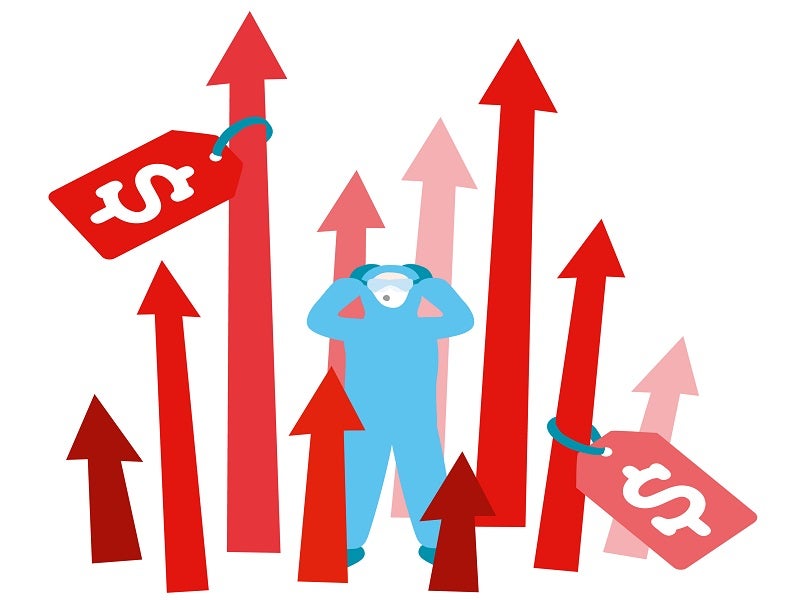The consumer price index (CPI) continues to fall as the Covid-19 pandemic has forced businesses to shutdown and people to remain under lockdown. The consumer spending has drastically reduced amid this environment with the threat of rising inflation or even deflation.
Pedro da Costa
Pedro da Costa, a journalist, shared an article on the decline in consumer prices in the US. The consumer price index (CPI) dropped 0.8% in April after falling 0.4% in March, which is biggest decline since December 2008 when the country was going through recession.
The article is based on a report from the Labour Department that showed a record decline in prices in April raising the possibility of deflation.
U.S. consumer prices post biggest decrease since 2008 https://t.co/W3ryQ4JGOw pic.twitter.com/lCtoVe986P
— Reuters (@Reuters) May 12, 2020

US Tariffs are shifting - will you react or anticipate?
Don’t let policy changes catch you off guard. Stay proactive with real-time data and expert analysis.
By GlobalDataHoward Archer
Howard Archer, Chief Economic Advisor to EY ITEM Club, shared an article on the forecast made by Ben Broadbent, Deputy Governor Bank of England, on the UK economy. The article notes that CPI in the UK may be negative in the UK towards the end of 2020 but may not result in deflation.
The article added that inflation may be around zero in the fourth quarter of 2020.
#Broadbent says #BankifEngland best guess is for UK #inflation to be around zero in fourth quarter so was chance of prices falling below that. UK inflation could go negative, would not be damaging #deflation – #BoE's Broadbent https://t.co/FahCJQA81s
— Howard Archer (@HowardArcherUK) May 12, 2020
Tim Bartik
Tim Bartik, Senior economist at the Upjohn Institute for Employment Research, shared an article on the next round of federal aid needed to counter the impact of the Covid-19 pandemic.
The article notes that revenue shortage due to closure of businesses and collapse in economic activity may be around $1tn by the end of 2021. The government should focus on providing federal aid to state and local governments in the next relief package being planned, the article adds.
New estimates from @joshbivens_DC @EconomicPolicy suggest, based on recent trends, that state/local budget sensitivity might be even greater, so this $959 billion may be conservative estimate: https://t.co/nF2DXE56yb
— Tim Bartik (@TimBartik) May 12, 2020
Christopher Whalen
Christopher Whalen, an author and investment banker, shared an article on how hidden defaults are expected to rise amid the Covid-19 induced recession. The article notes that there will be a rise in companies trying to use debt or distressed exchanges to overcome liquidity issues by swapping debt.
This approach, however, usually results in losses for creditors and eventually the companies go bankrupt. During the 2008 global financial crisis, a similar trend was noticed with distressed rising by 10% initially and 40% in subsequent years.
https://twitter.com/rcwhalen/status/1260186436927729665





